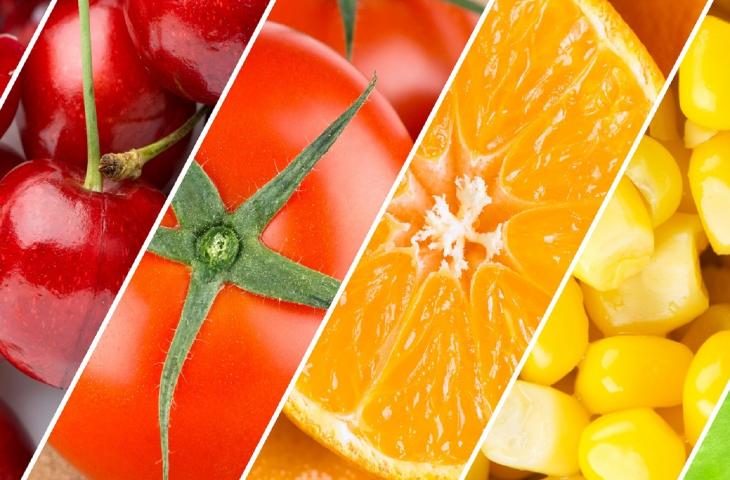MILAN – It is a well established fact that body hydration is essential for our wellbeing. But not everyone knows that 20% of our water intake every day comes from solid foods. It is very important to drink water in large quantities during the day, but you can also quench your thirst with these 15 extremely hydrating foods.
Cucumber
Water content 96.7%. The cucumber has the highest water content of any solid food. It is perfect in salads or with sliced products. If you want to increase its hydrating power even more, try combining it with low fat yoghurt, mint and ice cubes to make cucumber soup.
Iceberg lettuge
Water content 95.6%. Compared to other types of lettuce this is the crispiest and contains the highest level of water.
Celery
Water content 95.4%. As with all foods high in water content, celery is very low in calories (just 6 calories per stalk). The presence of water and fibre helps to reduce the appetite. Celery contains folic acid and vitamins A, C, E and K. Thanks to its high water content, celery neutralises stomach acidity and is often recommended as a remedy for heartburn and acid reflux.
Radishes
Water content 95.3%. It lends colour and a spicy flavour to salads, but the most important thing about radishes is the high presence of antioxidants like catechins.
Tomatoes
Water content 94.5%. “The tomato can become a hydrating snack – says Keri Gans, nutritionist, host and author of The Small Change Diet-. Tomato skewers with grapes, basil leaves and small pieces of mozzarella, are excellent for a simple and quick appetiser.
Green peppers
Water content 93.9%. All peppers have a high water content but the green ones are the top of the class. The red and yellow varieties follow (which contain about 92% water). Contrary to popular belief, green peppers contain a lot of antioxidants.
Cauliflower
Water content 92.1%. Don't be fooled by the pale look of cauliflower. Besides containing a lot of water, this vegetable is rich in vitamins and phytonutrients which contribute to lowering cholesterol. Also, a study conducted in 2012 by some researchers at Vanderbilt University on patients with breast cancer discovered that eating vegetables like the cauliflower was associated with a lower risk.
Watermelon
Water content 91.5%. This juicy fruit is also one of the richest sources of lycopene, one of the most useful antioxidants. In fact, even more than tomatoes (about 12 milligrams compared to the tomato's 3 milligrams).
Spinach
Water content 91.4%. Spinach is rich in lutein, potassium, fibres and folic acid. A cup of raw leaves contains 15% of the daily requirements of vitamin E, an important antioxidant to combat the infamous “free radicals”.
Star fruit
Water content 91.4%. This tropical fruit, also known as the carambola, is available in several varieties and has a structure that is similar to the pineapple. It has an attractive shape and can be added to fruit salad or it can be used as garnish for a summer cocktail, besides being rich in antioxidants. Those with kidney problems should avoid star fruit because of its high levels of oxalic acid.
Strawberries
Water content 91%. Of all the berries, strawberries are the richest in water. Raspberries and blueberries contain 85% water, whereas blackberries contain 88.2%.
Broccoli
Water content 90.7%. From a nutritional point of view, it is rich in fibre, potassium, vitamin A and vitamin C. Broccoli has a significant amount of sulforaphane, a compound that increases the production of the body's protective enzymes.
Grapefruit
Water content 90.5%. This juicy citrus fruit can help to reduce cholesterol and your waist. According to a study conducted by experts, people who ate one grapefruit a day, reduced their triglycerides by 27%. Other research states that eating half a grapefruit before each meal helps people lose about 3.5 kg over a period of 12 weeks.
Baby carrots
Water content 90.4%. Baby carrots contain more water than normal carrots (which contain 88.3% water).
Melon
Water content 90.2%. The melon provides great nutritional intake and has very few calories. A quarter of a melon contains just 50 calories, but provides 100% of the daily recommended allowance of vitamins A and C.











